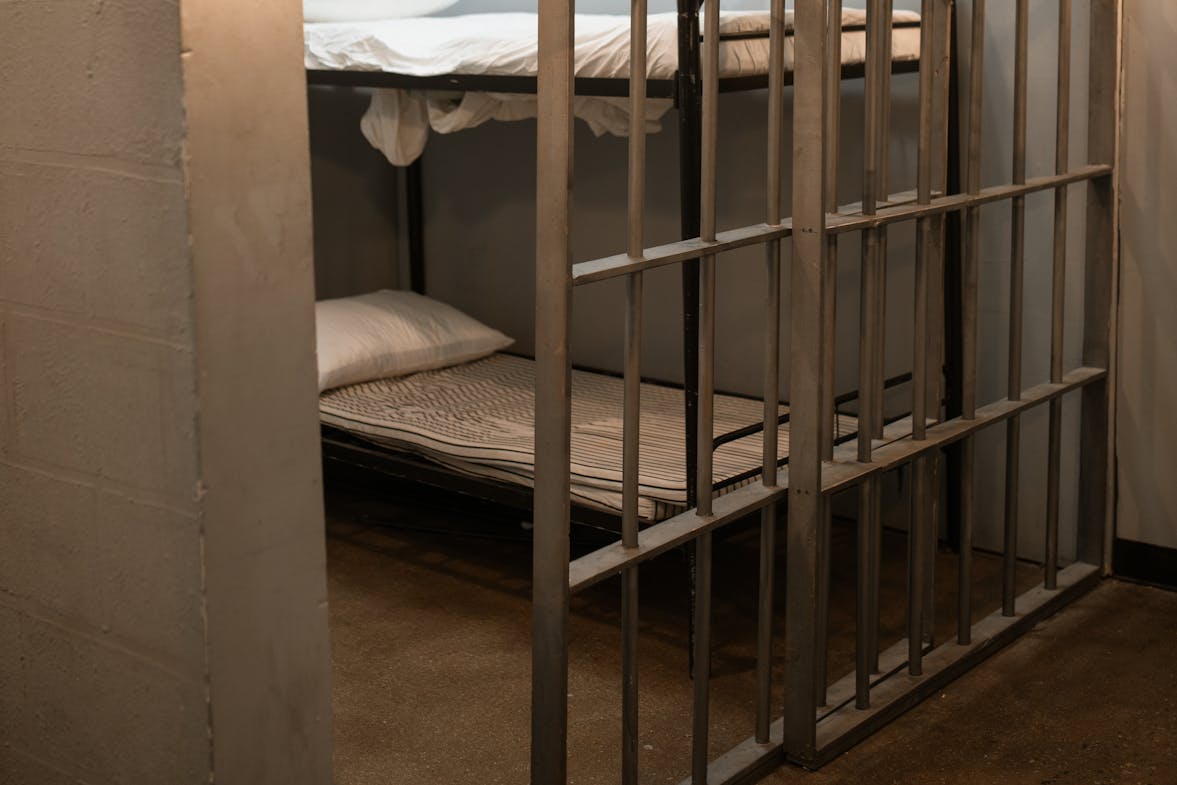Eritrea continues to be a major source of refugees, with many fleeing the country’s harsh political climate and pervasive human rights abuses. In 2023, Eritrea was the fourth-largest source of migrants arriving in the UK on small boats, with 2,662 people seeking asylum. However, the majority of Eritrean refugees remain in East Africa, primarily in Ethiopia, which hosted 158,000 Eritreans in 2023.
For those who remain in Eritrea, the threat of arbitrary detention looms large. The country’s extensive and secretive prison system remains a terrifying aspect of daily life. Prisoners, including opposition figures, journalists, religious leaders, and young men evading compulsory military service, are frequently detained in underground facilities at military bases, where even the prisoners often do not know their locations or identities. Some are confined to sweltering shipping containers in the harsh desert, while others are subjected to unspeakable conditions in hidden detention centers.
A 2014 United Nations report estimated that Eritrea’s military prisons alone housed at least 14,000 detainees, many of whom suffer torture and sexual abuse. Conscripts are especially vulnerable to inhumane treatment, with numerous testimonies documenting the use of torture as a tool of punishment and control. These abuses are carried out under the guise of national security, with little regard for the lives or dignity of those detained.
Former prisoners have described the ordeal of detention in Eritrea’s secret prisons as an all-encompassing experience of fear and terror. For some, the death of fellow inmates brought a perverse sense of relief, highlighting the extreme psychological and physical toll of such imprisonment. The government’s iron-fisted control over the population leaves little room for dissent, and those who challenge the regime’s authority face brutal repercussions.
Eritrea’s detention system is a key factor driving its ongoing refugee crisis, as people risk everything to escape the threat of torture, forced labor, and indefinite detention. International organizations continue to call for greater attention to the human rights violations in Eritrea, demanding an end to the regime’s brutal practices.
References:
- United Nations Report on Eritrea’s Detention System: Details on the scale and conditions of Eritrean military prisons.
- Reports by Human Rights Organizations: Testimonies and analysis of Eritrea’s human rights abuses, including arbitrary detention and torture.
Picture by RDNE Stock project on Pexels



